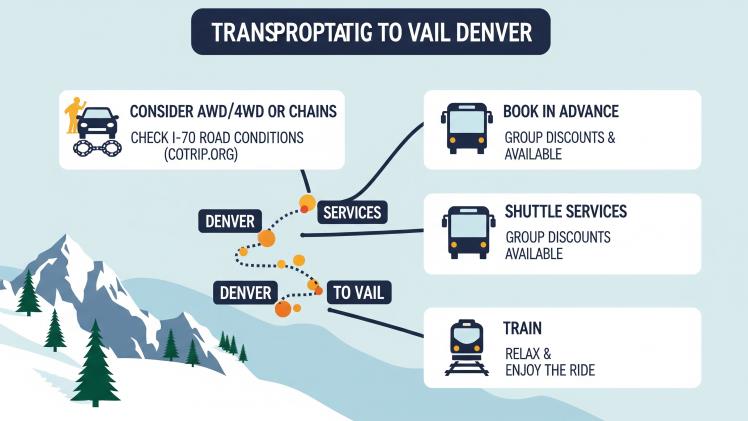Academic Alternatives Through Gap Year Programs
For many students, traditional classroom education may not offer the full range of learning experiences they seek. Gap Year Programs present valuable academic alternatives by combining practical learning with personal growth. These programs provide a break from conventional studies while still engaging students intellectually, often in ways that are more aligned with real-world applications and individual interests.
Exploring Non-Traditional Learning Environments
Gap year programs often focus on experiential learning, allowing students to gain knowledge outside of textbooks and lectures. Whether working on community projects, interning with professionals, or traveling to study cultural practices, participants are immersed in settings where they can learn by doing.
This hands-on approach helps develop skills like problem-solving, adaptability, and initiative—skills that complement academic achievement but are not always emphasized in a typical school environment. For students who learn best through action or interaction, these experiences offer a meaningful and effective alternative to traditional academics.
Focusing on Specialized Subjects of Interest
One of the key academic benefits of a gap year is the chance to dive deeply into subjects of personal interest. Programs are available in a wide range of focus areas such as environmental science, global health, education, arts, and language studies. Instead of following a broad curriculum, students can tailor their gap year around specific topics, often combining study with field experience.
This focused learning not only builds subject matter expertise but also helps students clarify their academic or career paths. For instance, someone interested in environmental studies might work on sustainability projects, gaining knowledge and insights that later shape their college coursework or professional aspirations.
Gaining Global Perspectives Through Education
Many gap year programs include international travel, which opens up unique educational opportunities. Studying abroad during a gap year allows students to learn about different cultures, political systems, and worldviews. They may attend short courses, visit historic sites, or participate in local research initiatives that bring academic concepts to life.
This global exposure fosters critical thinking and cultural awareness—traits that enrich any future academic pursuit. Students return with broader perspectives, often bringing deeper insight to classroom discussions and research.
Strengthening Academic Skills in Real Contexts
Academic alternatives through gap year programs also support the development of key educational skills. Writing reports, managing independent projects, or participating in group initiatives can all improve organization, time management, and communication. These skills directly benefit students when they return to formal education, often resulting in improved performance.
In some programs, students may even earn academic credit, particularly when working through partnerships with universities or accredited institutions. This ensures that learning continues in a recognized format, even during time away from full-time study.
Offering a Space for Reflection and Direction
For students unsure about their next academic step, a gap year offers time to pause and reflect. It provides breathing room to assess interests, values, and long-term goals. This period of exploration can prevent burnout and lead to more thoughtful academic choices down the road.
By stepping away from routine schooling, students often gain a renewed appreciation for learning. When they do return, they tend to be more engaged and focused, with a clear sense of purpose guiding their educational journey.
A Pathway Beyond the Traditional Classroom
Gap year programs offer academic alternatives that are dynamic, personalized, and deeply enriching. Through practical engagement, subject-specific focus, and global exploration, students can continue learning in powerful ways. These experiences not only supplement academic growth but also help shape more confident, capable, and curious learners prepared for future challenges.







